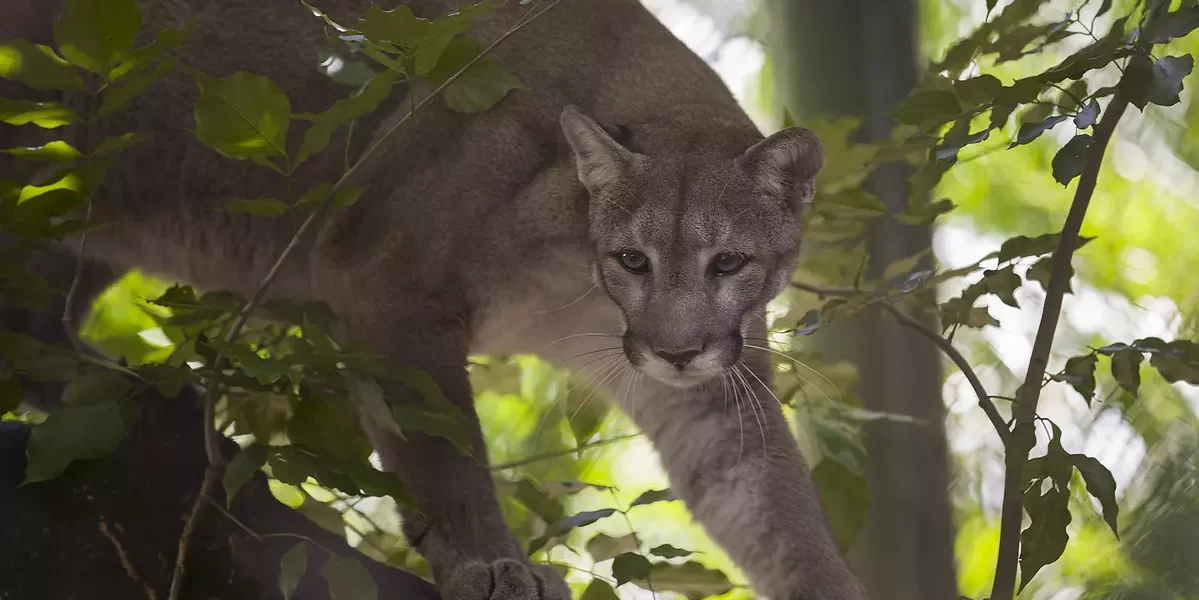In a legal petition, the organization made the case that the U.S. Fish and Wildlife Service and the National Marine Fisheries Service must not only fully implement the Endangered Species Act (ESA) but also add new provisions to the law to counter “years of overt political and industry pressure designed to weaken the Act.”
The petition argues erosion of the landmark legislation has left implementation of the Act “no longer primarily driven by the best science or conservation principles” but instead “by avoiding political controversy.”
“Combating the extinction crisis and restoring our natural heritage are monumental challenges that will require the services to be more visionary than any other administration in history,” said Stephanie Kurose, senior policy specialist at CBD. “We challenge Interior Secretary Deb Haaland and the Biden administration to change the status quo and do whatever it takes to protect our planet for future generations.”
Under the Trump administration, CBD said in the 50-page legal filing, officials “caused unprecedented damage to the Act” by gutting a rule which provided threatened species and endangered species with the same level of protection and issuing guidance which said the USFWS need not tell landowners that they need a permit if their activities will harm species, among other rollbacks.
“The United States can prevent future extinctions, but it must take swift action that matches the extent and scale of the problem.”
The Biden administration has taken “sluggish” steps to restore the protections stripped by former President Donald Trump, said CBD, including rescinding two regulations which limited habitat protections for endangered species.
However, wrote the group, “the extensive damage done during Trump’s four years in office must be put in the context of a law that was already not being fully enforced.”
“We need a U.S. Fish and Wildlife Service that holds the line, not one that compromises in the face of political pressure,” tweeted Noah Greenwald, endangered species program director for CBD.
Federal agencies must strengthen enforcement of the ESA, ensure accountability for extractive industries that harm habitats, and “holistically address the threat of climate change,” said the group.
Specifically, the petition calls for:
- Empowering career scientists to make science-based decisions without fear of political reprisal;
- Guaranteeing that federal agencies can no longer ignore the impacts of greenhouse gas emissions from their actions on climate change and climate-imperiled species;
- Strengthening protections for critical habitat to protect key areas where species can live;
- Creating a scientifically defensible definition of recovery;
- Defining “significant portion of its range” to fulfill Congress’ intent that species be protected before they are threatened with worldwide extinction;
- Requiring all federal agencies to have proactive conservation programs in place for listed species harmed by their actions;
- Requiring habitat conservation plans to confer a net benefit whenever development activities harm endangered species;
- Strengthening protections for foreign listed species;
- Strengthening the regulations governing the reintroduction of experimental populations; and
- Revamping the enhancement permitting program to address dubious trophy hunting practices overseas that do not actually enhance the survival or propagation of species.
“Extinction is not inevitable—it is a political choice,” wrote CBD. “The United States can prevent future extinctions, but it must take swift action that matches the extent and scale of the problem.”
Read the original article here.

